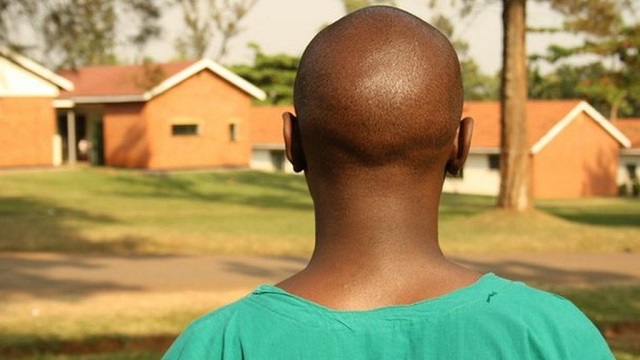Mental health cases in Arua linked to alcohol, drug misuse
In 2023, approximately 14 million people out of the then population of 43.7 million, or about 32.0%, were affected by mental illness.

Arua: The Arua Regional Referral Mental Health Unit has reported an increase in mental health problems arising from alcohol and drug misuse disorder.
The increase in mental health issues, particularly among the youth and jobless graduates, highlights the significant impact of social and economic challenges on mental well-being.
Alcohol and drug misuse are often coping mechanisms for frustration and hopelessness, but they can lead to severe mental health problems.
In an exclusive interview with this publication on Monday, Ojoku Gershom, a clinical psychiatrist officer, reported that in the last six months, the Arua regional referral mental health unit registered 359 inpatients and 3,219 outpatients, with a higher number of cases among males. The primary issues include alcohol and drug misuse, epilepsy, and depression.
Addressing these challenges requires a multi-faceted approach, including better social support systems, job creation, and accessible mental health services. ‘’It’s crucial to provide support to those struggling with mental health issues to prevent further deterioration,’’ he added.
‘’Most of the people have resorted to using drugs or substances, be it alcohol or marijuana; if one uses them excessively, one can develop mental illness. We are living in a very difficult world; resources are becoming scarce, jobs are limited, food is not there, people lack social support for that reason, and people are sick mentally.’’
He asserts that if one is not supported when he is going through challenges of social issues and you have a weak personality of withstanding stress, you may end up breaking down and need support from the psychiatrists.
Uganda has a high prevalence of mental health conditions compared with other low- and middle-income countries.
In 2023, approximately 14 million people out of the then population of 43.7 million, or about 32.0%, were affected by mental illness.
This prevalence was higher than previous national estimates, which stood at 24.2%. The increase might be attributed to the persistent social stigma and taboos surrounding seeking mental health services.
Mental health services are extremely underresourced in Uganda, and the primary health care system in the country does not have adequate resources to effectively address mental health concerns.
There are only 53 psychiatrists nationwide, approximately one psychiatrist for every million people, and less than 1 (0.78) psychiatric nurse per 100,000 individuals.
Additionally, most mental health workers are concentrated in urban centers, such as Kampala, where the country’s only psychiatric hospital, Butabika National Referral Mental Hospital, is located. Because 83% of the population in Uganda lives in rural areas, those living in much of the country have little access to mental healthcare.
A recent survey reported during the National Mental Health Conference in Uganda in 2022 indicated that men in Kampala city were found to have a much higher incidence of mental illness compared to their female counterparts.
According to the Ministry of Health, alcohol dependency is among the main causes of psychiatric morbidity. Men in Uganda are estimated to have one of the highest alcohol per capita consumption levels in sub-Saharan Africa, with 16 liters of pure alcohol consumed each year.
Do you have an advertisement or article you want to publish? Mail us at theugreports@gmail.com or WhatsApp +256394700683.






